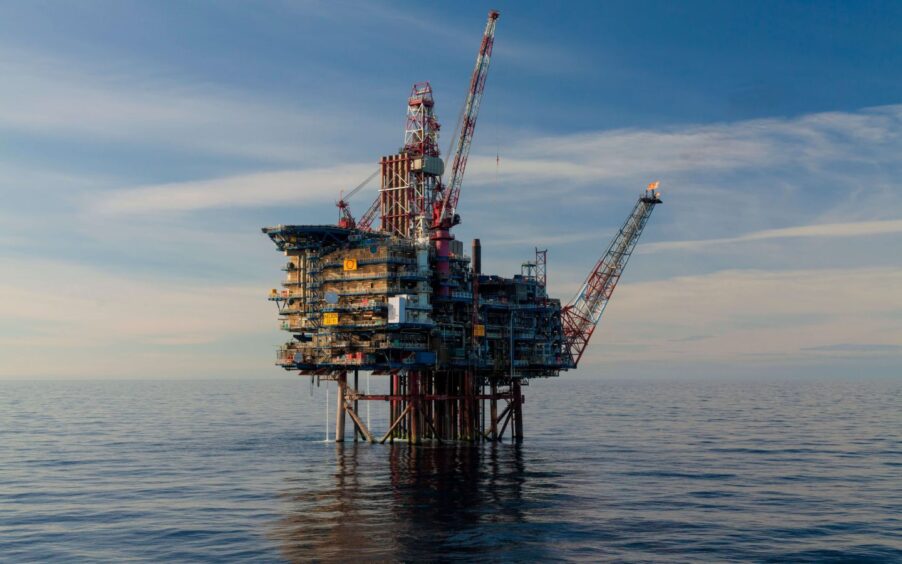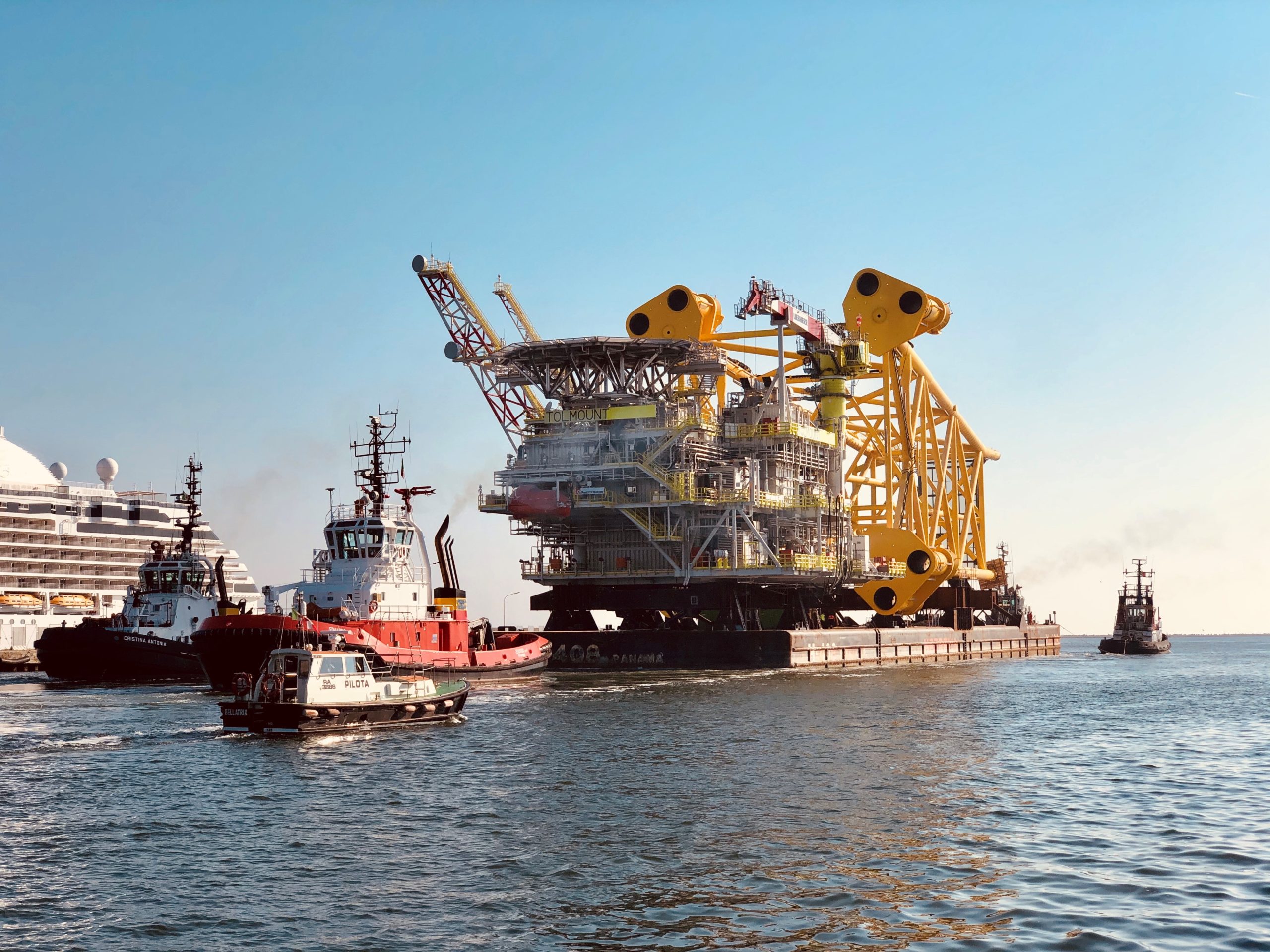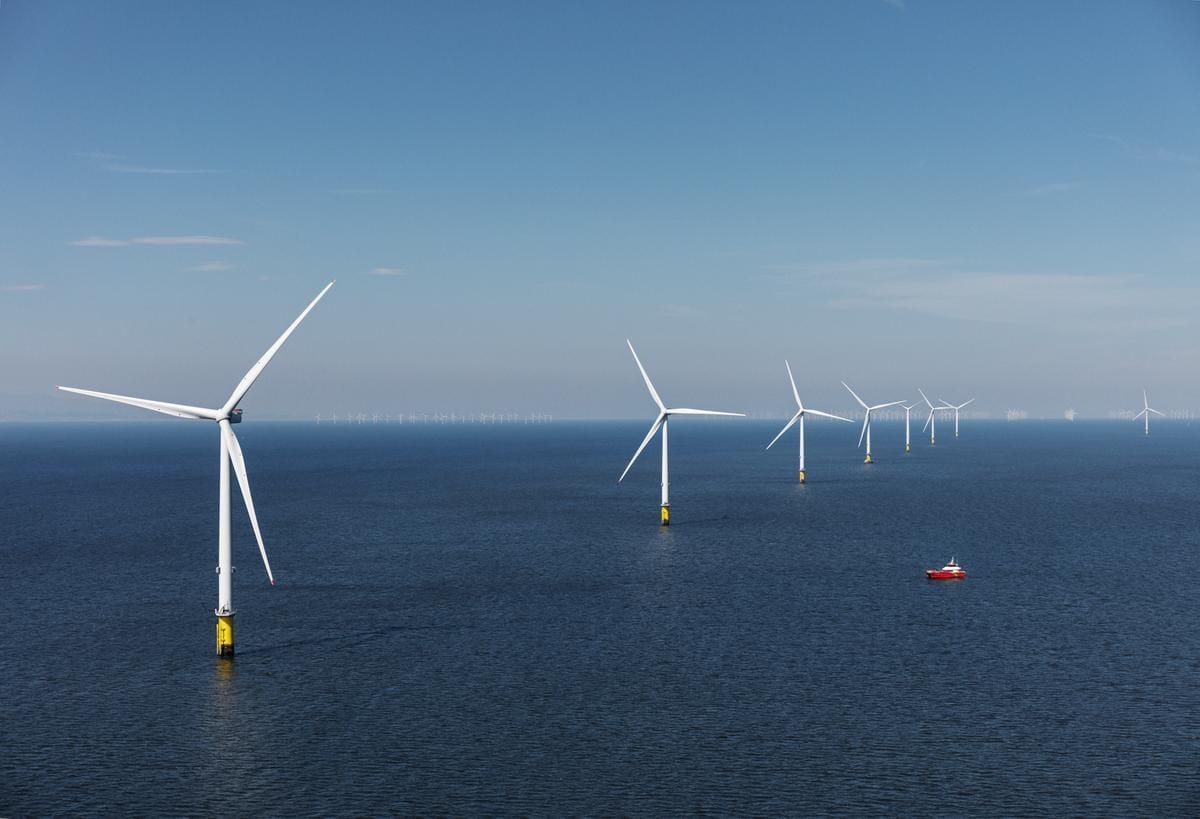
A North Sea energy boss has called for the UK to continue issuing new oil and gas licences until the year 2035.
Francesco Mazzagatti, chief executive of independent operator Viaro Energy, said the move would be part of developing a “coherent policy to transition from fossil fuels”.
Speaking at an Energy Council event at the end of last year, Francesco Mazzagatti said the UK oil and gas sector needed more than “piecemeal licence extensions year by year” to compete on the world stage and invest in clean energy.
With the average life of a field in the North Sea being approximately 10 years, Mr Mazzagatti proposed issuing licences until 2035.
“These are not huge fields, and many are coming to the end of their lives,” he said.
“This means that licences should be granted until 2035 at least, by calculating the life of the field and development time.”
The suggestion comes as the UK Government plans annual offshore licensing rounds, which has been criticised as “backwards-facing” on climate targets and a ploy to draw a divide with the opposition Labour party ahead of the general election.
Dozens of new licences are also expected to be issued in coming weeks as part of the recent 33rd licensing round from the NSTA regulator.
Mr Mazzagatti said companies like Viaro needed longer term production visibility to enable planning for extraction from current fields with “maximum efficiency”, while also investing in renewables.
“We must make significant investment into building up both manufacturing and storage capacity for clean energy, and diversifying the energy supply chain,” he said.
“This means taking an inclusive approach to traditional oil and gas producers, instead of using punitive measures to limit production.”
UK falling behind in energy transition
Mr Mazzagatti pointed to US and EU efforts to significantly subsidise the rollout of renewables projects as evidence the UK is falling behind in the energy transition.
He pointed to “particularly generous financial incentives” for carbon capture, utilisation and storage (CCUS) and zero-emission hydrogen production introduced by the US government.
These technologies are “part of existing core competencies integrated in the business models of energy producers”, he said.
Mr Mazzagatti said these measures do not just make the transition “more palatable” for the oil and gas sector.
“It is the only realistic response to the fact that we need to rely on fossil fuels until we build up capacity for a major shift to renewables,” he said.
‘We must learn to walk before we run’
Mr Mazzagatti highlighted recent financial pressures experienced by Danish wind producer Orsted and German wind turbine manufacturer Siemens Energy as examples of the current difficulties in scaling up renewables at speed.
“It is clear that considerable investments in energy research and innovation are required so we can develop the right green technology to be widely implemented at affordable costs across the entire value chain,” he said.
“The energy transition is ultimately a technological revolution, and it is one that can be shaped by all the participants involved.
“But we must learn to walk before we run. And that means that our immediate efforts need to be focused on improving efficiency and reducing emissions while we innovate and develop sustainable sources.”
The UK government needs to work with energy companies to produce a “supportive framework for business which encourages investment in renewable sources”, he said.
“This means granting longer North Sea licences so that we can work to a realistic timetable towards greener energy.
“If Britain wants to keep up with the main economic powers, it will need to reexamine its approach to net-zero and come up with a coherent strategy that plays to its own strengths, on its own scale – with existing UK energy companies at its core.”
Viaro Energy’s North Sea portfolio contributes around 9% of daily UK gas production, primarily through its main operating subsidiary RockRose Energy.
With predominately non-operated gas assets in over 30 North Sea fields, in 2023 RockRose returned to operatorship after Viaro completed a farm-in agreement with Hartshead Resources.
Recommended for you

 © Supplied by Viaro Energy
© Supplied by Viaro Energy
 © Supplied by Orsted
© Supplied by Orsted